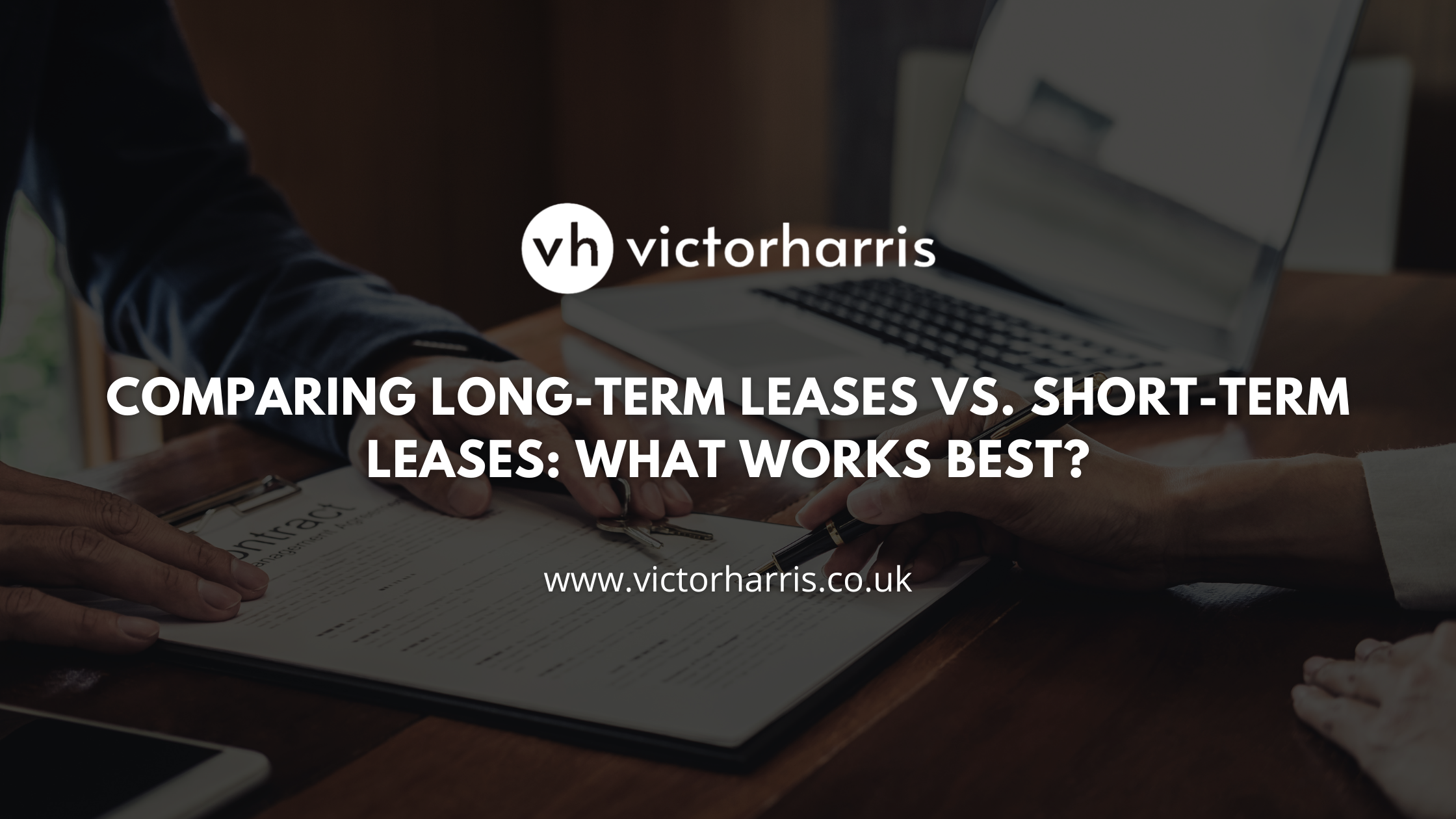Long-term Leases: Stability and Predictable Income
Long-term leases typically offer a steady stream of income and lower vacancy rates. For property owners in London, this predictability in revenue is invaluable, especially in a city where property values and living costs are consistently high. According to David Green, a London Real Estate Analyst, “Long-term leases provide financial security and help in long-term planning, making them attractive to risk-averse investors.”
Impact on Property Value
A stable, long-term lease can enhance the perceived value of a property. Potential buyers often view properties with long-term tenants as less risky investments. This stability can lead to better financing terms and potentially higher resale values.
Tenant Turnover and Vacancy Rates
Long-term leases typically reduce tenant turnover and associated costs, such as marketing and refurbishing. Lower vacancy rates mean that property owners spend less time and money searching for new tenants, allowing them to focus on other aspects of property management.
Legal and Financial Considerations
Long-term leases often come with more stringent legal obligations for both parties. These leases require careful negotiation and robust legal agreements to protect the interests of both landlords and tenants. Emma Collins, a Business Leasing Consultant, advises, “Landlords should work with experienced legal counsel to ensure lease agreements are comprehensive and enforceable.”



 Back to News
Back to News











